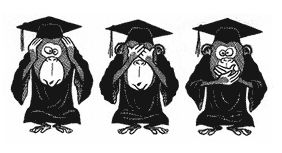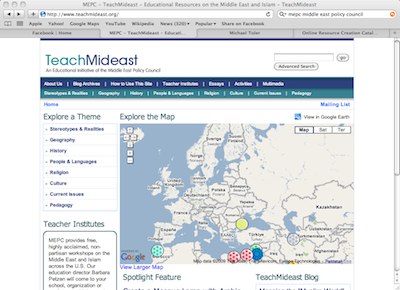is based upon the assumption that we live in an interdependent but unequal world and that higher education can help prepare students not only to thrive in such a world, but to remedy its inequities.
Higher education not only can prepare students to do those things, but it must, for their benefit, for the good of our nation, and because remedying inequalities is the right thing to do. Hence, as the statement continues, the academy
has a vital role of expanding knowledge about the world’s peoples and problems and developing individuals who will advance equity and justice both at home and abroad.
These are fine and noble ideals, but they are also solidly rooted in reality. The United States finds itself involved in two wars at the moment, and neither is with a neighbor or even a nation in this hemisphere. The largest share of our foreign debt is owned by China. America is a nation addicted to television, yet only Zenith makes television sets in the US, maintaining one factory so that it is able to claim it is an American producer. Problems like global warming can only be tackled on an international scale, and when the mortgage crisis hit the banks in the United States, many of the world’s banks also felt the impact. The engine of globalization is, of course, technology, which makes it almost as easy to conduct business between Boston and Hong Kong (8,000 miles) as it is between Boston and Cambridge (next to one another).
Continue reading



